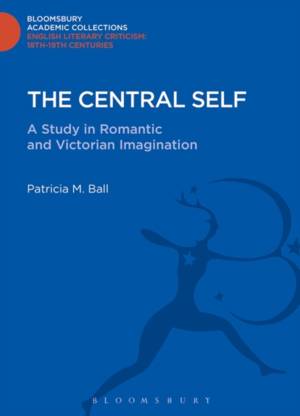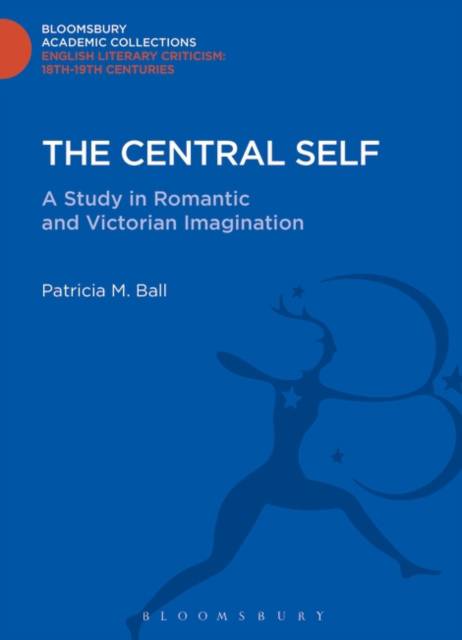
- Afhalen na 1 uur in een winkel met voorraad
- Gratis thuislevering in België vanaf € 30
- Ruim aanbod met 7 miljoen producten
- Afhalen na 1 uur in een winkel met voorraad
- Gratis thuislevering in België vanaf € 30
- Ruim aanbod met 7 miljoen producten
Omschrijving
In this closely argued book Dr Ball is concerned to analyse the imaginative process of self-understanding which emerged as a characteristic feature of English Romantic poetry and, acquiring fresh creative force in the Victorian period, has been transmitted to our own times as a determining principle of the contemporary imagination. Dr Ball relates her discussion to the distinction between the poet speaking directly in his own voice and the impulse to dramatised utterance - the two modes of poetic expression conveniently summed up in Keats's contrasting terms 'egotistical sublime' and 'chameleon'. She shows how these 'polar' tendencies co-exist fruitfully in the work of Wordsworth, Coleridge, Byron, Shelley and Keats and from this standpoint supplies a coherent appreciation of the little-regarded plays written by these poets. Turning to Victorian critics and poets Dr Ball considers how the Romantic inheritance fared at their hands. She sees in the poets, notably Tennyson, Arnold, Browning, and Hopkins, a vital link by which the Romantic commitment to the agency of self-consciousness has been carried forward to the twentieth century and concludes with a brief sketch of the creative role of self-exploration in T. S. Eliot and W. B. Yeats.
Specificaties
Betrokkenen
- Auteur(s):
- Uitgeverij:
Inhoud
- Aantal bladzijden:
- 236
- Taal:
- Engels
- Reeks:
Eigenschappen
- Productcode (EAN):
- 9781472514301
- Verschijningsdatum:
- 8/05/2014
- Uitvoering:
- Hardcover
- Formaat:
- Genaaid
- Afmetingen:
- 156 mm x 234 mm
- Gewicht:
- 530 g

Alleen bij Standaard Boekhandel
Beoordelingen
We publiceren alleen reviews die voldoen aan de voorwaarden voor reviews. Bekijk onze voorwaarden voor reviews.











